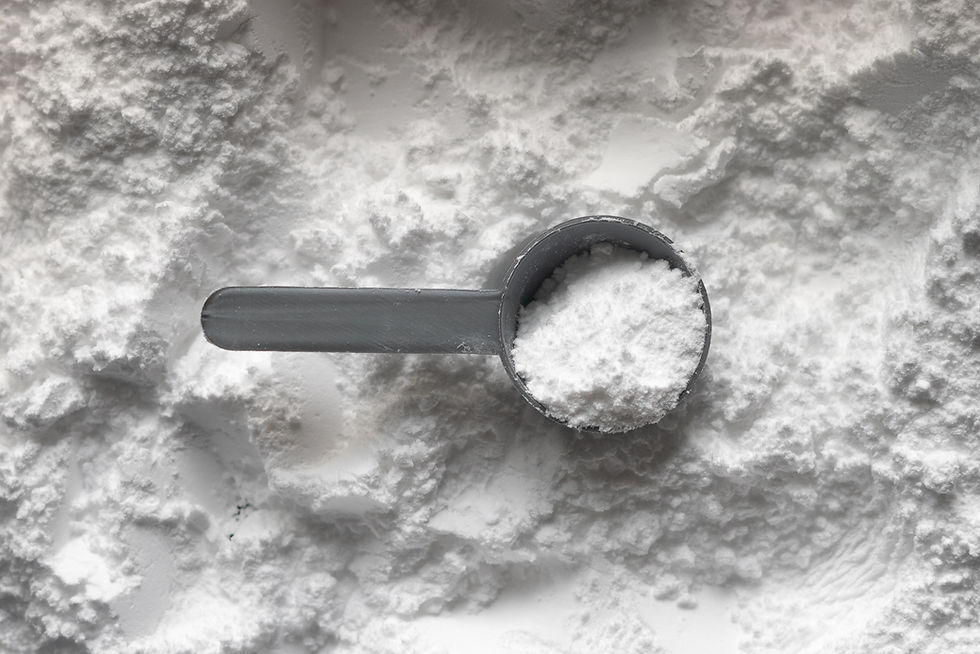Optimal Nutrition for Muscle Growth
- bluezonefitness20
- Aug 11, 2021
- 3 min read


This is a topic that I have delved into a lot over the last 9 years of my career and one that’s
still on many clients’. Like many teenage lads, I wanted to know how to make “Gains”,
looking at the covers of Men’s Health magazines naively wondering how that guy looked like
that. I wondered was it the protein he was taking or the new creatine brand I see him in the
picture drinking.
Now that I am a little bit older, I know that many of these guys I once idolised had been
taking some form of illegal substances to get to their size and leanness.
Saying all of this, however it is possible to put on a lot of muscle naturally and completely
change your shape, however it just takes a more time. Before I begin to delve into what the
title says, an important caveat is, resistance training is essential to any type of muscle
growth, and optimising your training is the most important factor.
So where does nutrition come into the conversation?
Don’t get me wrong nutrition is important. It’s just not as important as your training in this
instance. With a combination of the two and consistency it is possible to get that body you
dream of.

The first thing that I am going to chat about for your muscle growth is macronutrients.
Number one is protein, having adequate protein in your diet is very important, and ensuring
you are hitting your protein bolus of 20g every 2-3 hours throughout your waking hours.
One thing I heard of a lot about growing up was this metabolic window, that you had to take
in protein directly after training, you’d be running to the changing rooms straight after your
session to get that shake into you but we now know that the anabolic window lasts for far
longer. The the best piece of advice is hitting that 20-30g every 2-3 hours and aiming for a
total daily intake of 1.8 – 2.2g per kg of body weight per day for optimal muscle gain.
When it comes to other macronutrients Fats and Carbs, there is no exact grams for optimal
muscle gain. However, research indicates that keeping fat around 25-30% of your total
calories will have a positive effect on your sex steroid hormones which can aid you when it
comes to your training and recovery. Having adequate carbs in your diet can also aid
training quality which in turn has a positive effect on muscle growth along with many other
benefits.

Finally ergonomic aids (Supplements), or the one percent I call them, (the main reason that
most of you are probably reading this blog ). There are many out there and I’m only going to
mention the ones which are backed by science and worthwhile.
Firstly creatine, creatine is probably the best researched supplement on the market today
and the most worthwhile supplement for muscle gain. There are many myths surrounding
the supplement and ones that I will dispense in another blog, however its perfectly safe to
consume, sticking to your 5g daily dose. Creatine allows working muscles to recover faster
during short bursts of exercise which allows you to recover faster during sets which in turn
increases the quality of your training and allows you to get that extra rep or two in at the
higher weight.

Vitamin D supplementation is something that everyone in the population should consider
especially from October to March in Ireland, as lacking vitamin D can affect the body
organism as a whole and may effect your performance in the gym.
Finally touching on Calories, you do not need to be in a caloric surplus to gain muscle mass.
However, being in a slight surplus can help, this because the body can use the extra
calories to function and does not have to eat into the nutrients that can be used for muscle
gain.
I hope this short blog has given you an insight into steps you can take to increase your
strength and size.
- Cormac Byrne




Join the Top CCNA Training Institute in Pune at WebAsha Technologies, your trusted partner on the path to Cisco certification. Our expert instructors provide hands-on training in essential networking concepts, from routing and switching to network security.